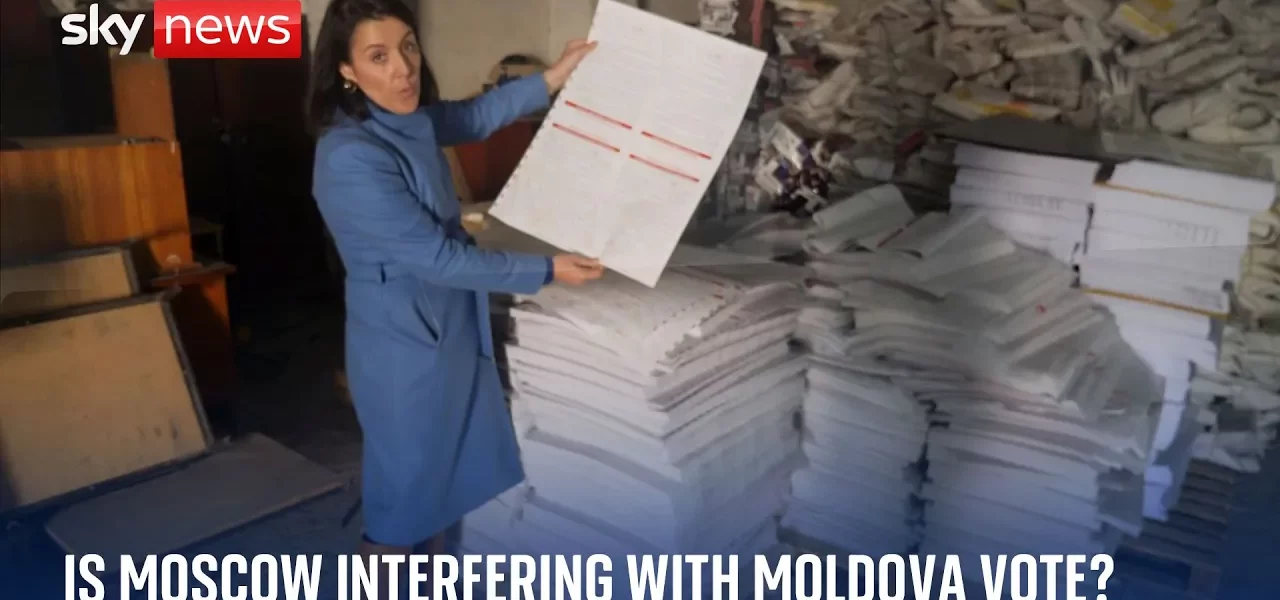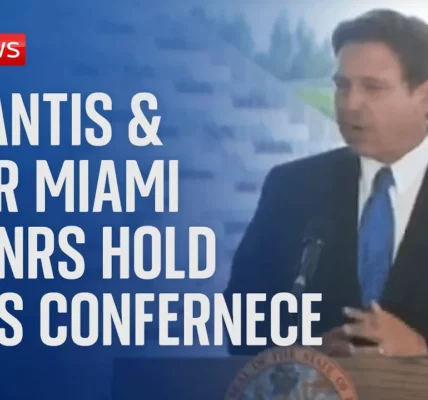Evidence of Russian Interference in Moldova’s Elections

This article explores the recent findings by Moldovan authorities regarding alleged Russian-backed networks attempting to influence the presidential election and EU referendum through propaganda and bribery.
Introduction
The capital of Moldova, Chișinău, has recently become the center of a significant political controversy as authorities claim to have uncovered substantial evidence of Russian interference in the upcoming presidential election and the EU referendum. With allegations of propaganda distribution and bribery of voters, this situation raises serious concerns about the integrity of Moldova’s democratic processes. This article delves into the details of these claims, the evidence presented, and the broader implications for Moldova and its relationship with the European Union.
Uncovering the Evidence
Moldovan police have reported the discovery of large quantities of propaganda materials intended to sway public opinion against the EU referendum and the presidential election. These materials, consisting primarily of posters and leaflets, carry messages urging voters to “vote no” in the referendum. Authorities believe that these items are part of a concerted effort to undermine the democratic process in Moldova.
The Scale of Propaganda
Upon inspection, officials found significant piles of these propaganda materials:
- Estimated at over 100,000 leaflets and posters.
- Materials printed in both Russian and Romanian languages.
- Each bundle reportedly contains around 1,000 pieces.
Claims of Organized Interference
The Moldovan authorities assert that this discovery is part of a broader strategy orchestrated by Russian entities to disrupt the electoral process. They have indicated that this operation involves a complex network of individuals allegedly bribed to vote against the EU integration efforts.
Bribery Allegations and Organized Networks
Further investigations revealed a network allegedly composed of approximately 130,000 individuals, who are said to have been bribed to vote no in the upcoming referendum. This network has been characterized by officials as a mafia-style organization, functioning with distinct hierarchical levels.
Structure of the Alleged Network
- Top Layer: Organizers who plan and coordinate the efforts.
- Recruiters: Individuals responsible for enlisting participants.
- Bottom Layer: Around 70,000 people on standby, ready to act when instructed.
Authorities claim that payments to these individuals are funneled through a Russian-sanctioned bank, further complicating the situation.
Training and Riots
In addition to the propaganda and bribery schemes, Moldovan officials have reported that around 300 individuals were allegedly transported to Russia for training. This training purportedly aimed to prepare these individuals to instigate riots and protests within Moldova.
Impact on Democracy
This situation underscores the ongoing hybrid war that Moldova is facing, as Russian influence attempts to destabilize the country’s movement toward European Union integration. The Moldovan authorities have emphasized that these actions are designed to undermine democratic processes and foster division within the nation.
Conclusion
The uncovered evidence of Russian interference in Moldova’s electoral processes highlights a significant threat to the country’s democratic integrity. As authorities continue to investigate these allegations, it is crucial for the international community to monitor the situation closely. Moldova’s path toward EU integration depends on the strength and resilience of its democratic institutions. Citizens must remain vigilant and informed about these developments to safeguard their democratic rights.
For more information on Moldova’s political landscape and related topics, visit our articles on Moldova’s EU Aspirations and The Role of Propaganda in Modern Elections.
“`




